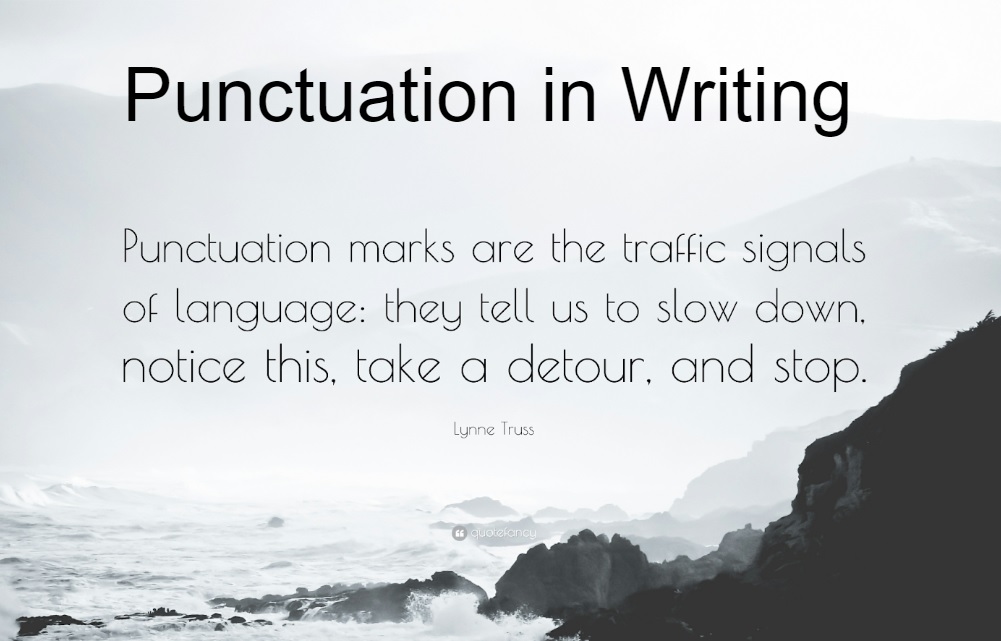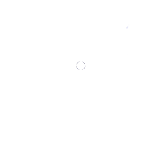Writing
We believe that writing should be linked to reading and have a purpose which can be seen by the children. For this reason the majority of our writing is linked to the joy of reading and texts are selected for quality, power and teaching potential.
Writing divides into two broad areas, transcription and comprehension. Transcription covers the technical aspects of writing: handwriting, spelling, grammar & punctuation. Composition is about sharing ideas and thinking about the purpose for writing. The best teaching links these together. We cover all types of text from fiction to nonfiction, which deal with relevant issues and topics and are great for inspiring the children as well as developing their writing and research skills.
Grammar and spelling is a major component of our writing curriculum. Grammar is taught in two ways, both as discrete grammar introducing and teaching new concepts, and as an integral part of comprehension and composition activities. Children learn how a particular grammatical device adds to the meaning and syntax of a piece, and practice using it to the same effect.
Spelling is taught following Letters and Sounds and then, from year 2, the No Nonsense Spelling programme. This includes learning all about etymology, root words and spelling rules and patterns. It follows the Revise/Teach/Learn/Practise/Apply/Assess route and is also linked in to every handwriting lesson. We send home spellings studied weekly to prepare for tests and hold an annual “Spelling Bee” which each child has a chance to enter and where the finals take place in front of an audience of school and families.
Handwriting follows the Letterjoin scheme which ensures the development of a legible, consistent fluent style. It links with spelling so the children can practise the two skills together. We are aiming for automaticity in handwriting so that the children no longer have to think about the technicalities of handwriting and can focus on the content of their work.
We believe that writing takes on real meaning – and a real sense of excitement – when it’s done for a real purpose and audience. The units we cover include activities such as writing a radio play; ‘Ultimate Rap’ (needs no explanation), and ‘The Great Debate’. Children write persuasive letters to real people to try and improve the school and its environment.
Formative assessment takes place through live marking in every lesson. For summative assessment each child completes a piece of totally unaided writing each half term which is assessed for progress. We also submit writing to “No More Marking” once a year for comparative judgement which achieves greater levels of reliability for more open tasks than traditional approaches to marking and compares our work to other schools.
Punctuation in Writing
Click on the image for our punctuation in writing presentation.







